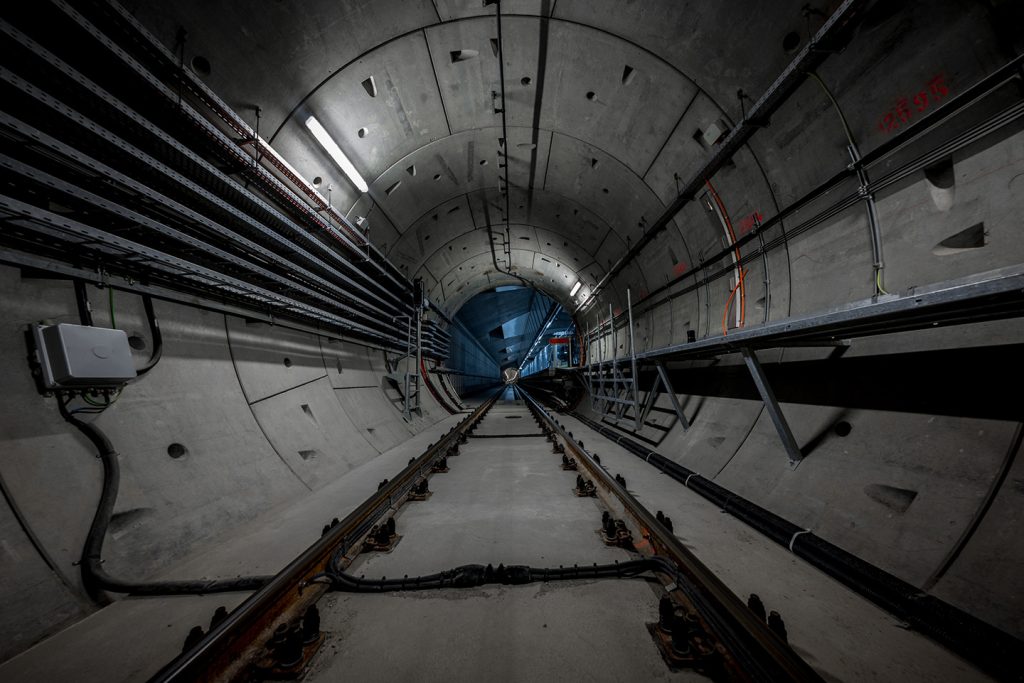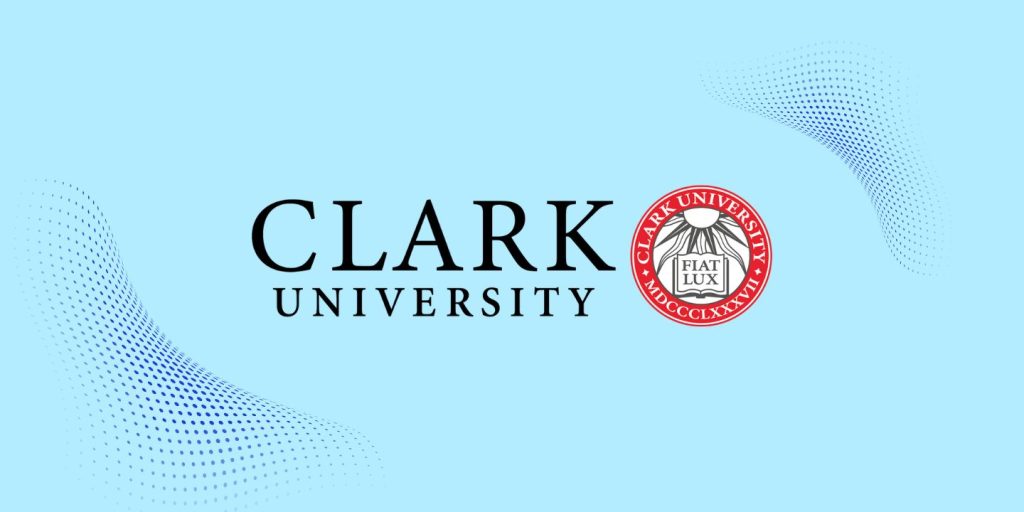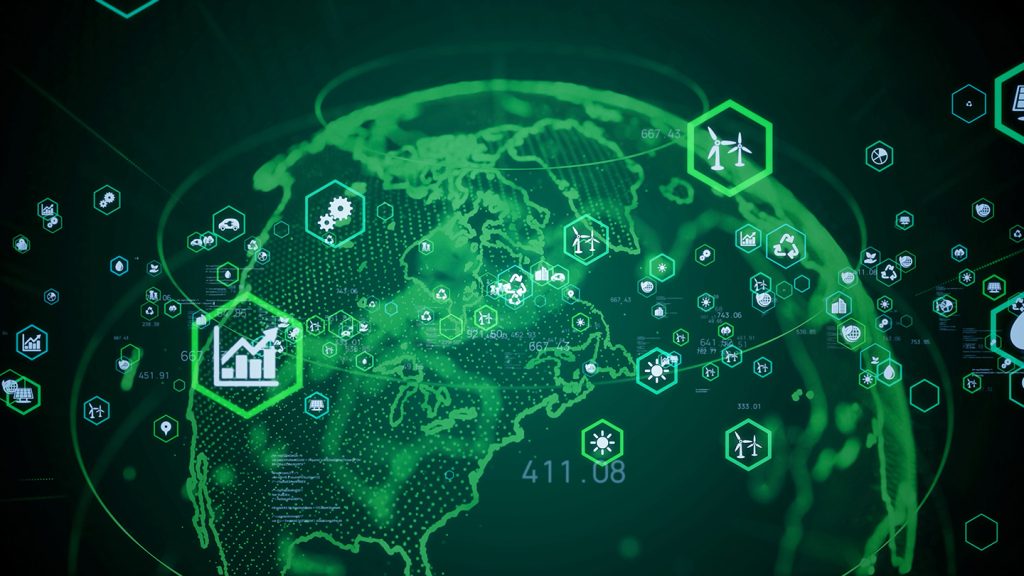
Welcome to the OGC Newsroom
You’ll find the latest announcements from OGC here.
Never miss an update! Subscribe to our bi-weekly newsletter for the latest news and events delivered right to your inbox.
News
OGC Membership approves OGC API – Records – Part 1: Core as an official OGC Standard
The Open Geospatial Consortium (OGC) has officially approved OGC API – Records – Part 1: Core as a new standard. This modern, API-based specification enables…
From Ground Zero to Global Change: Alan Leidner on the Power of Underground Data
Alan Leidner shares how 9/11 revealed the need for better underground data—and how that insight led to the global MUDDI Standard for smarter, safer cities.
Clark University joins the Open Geospatial Consortium (OGC)
Clark University has joined the Open Geospatial Consortium (OGC), reinforcing its legacy in GIS innovation and environmental sustainability through its Center for Geospatial Analytics.
Calls and Requests
OGC members can submit proposals for COSI Initiatives when a Call for Participation (CFP) or Sponsorship (CFS) is released. Members of the public are also invited to provide feedback on standards, charters, and other consensus-based activities.
The candidate Extension enables HTTP-based asynchronous messaging for SensorThings API using the W3C WebSub protocol.
The ModSpec defines a structured, modular approach for writing testable Standards by specifying clear requirements and recommendations to ensure consistent implementation and verifiable conformance
OGC Seeks Public Comment on v1.2 of OGC API – Environment Data Retrieval Standard – Part 1
The OGC API – EDR Standard makes it easier to efficiently access subsets of complex environmental or other spatiotemporal data through lightweight spatiotemporal queries via…





